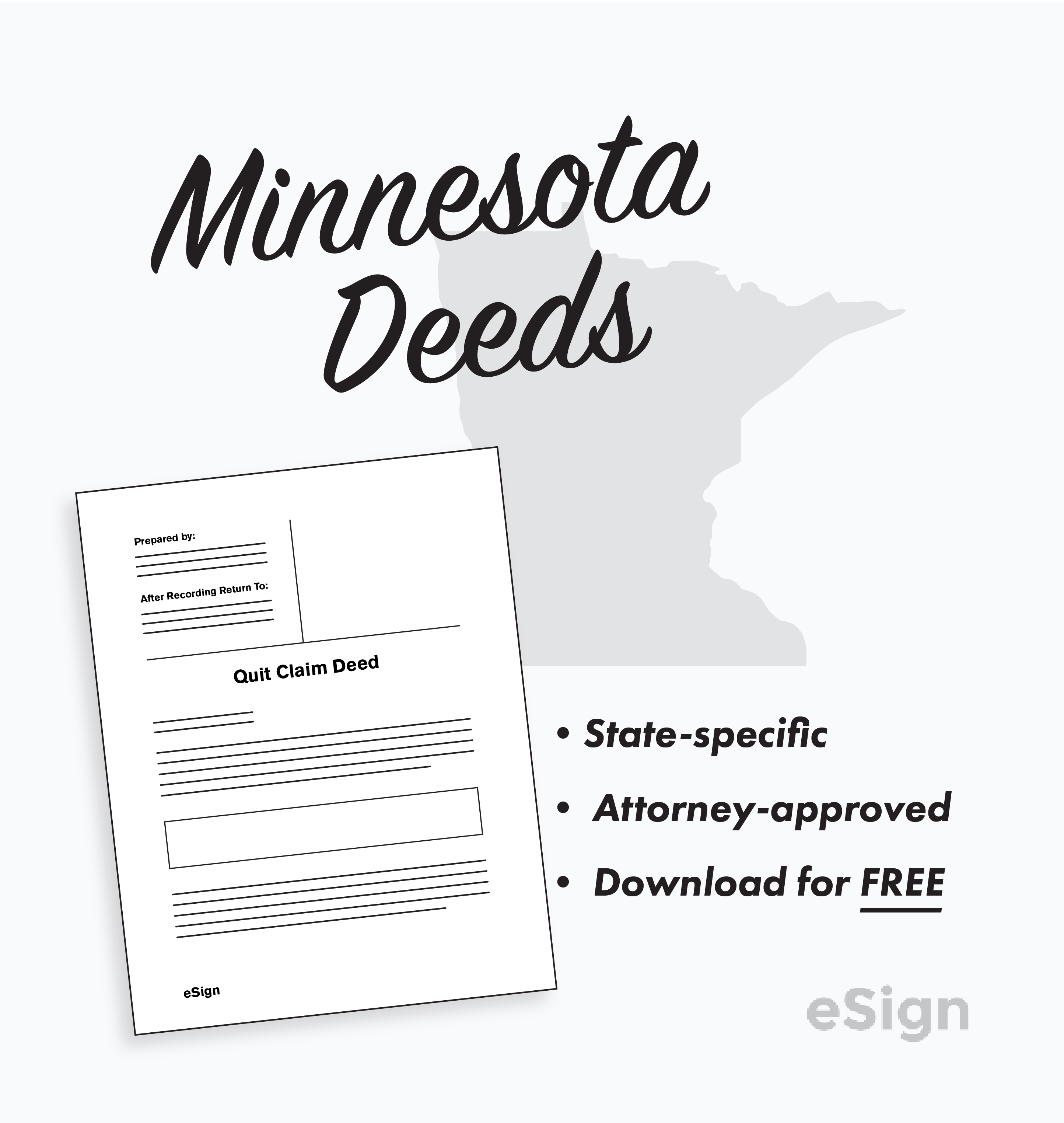By Type (5)
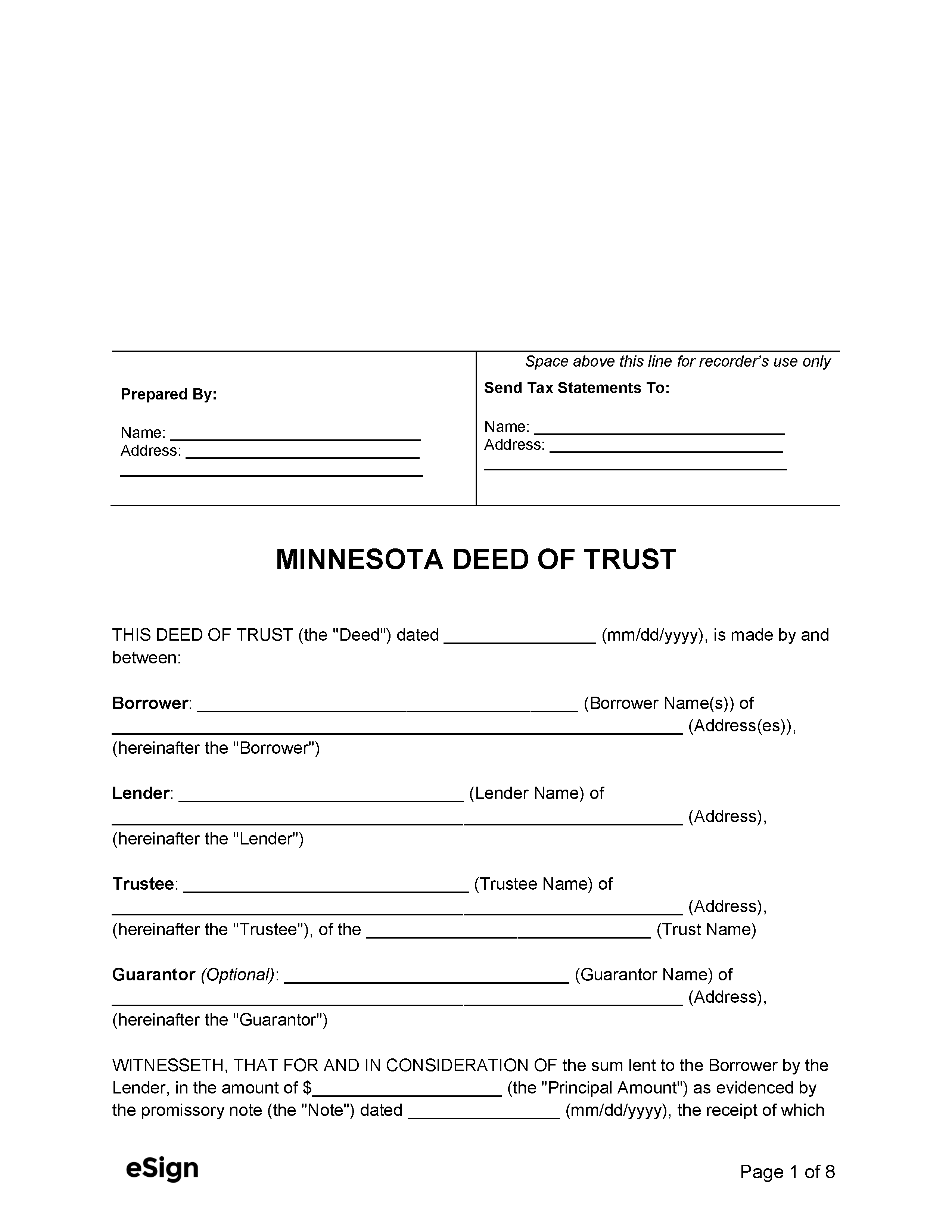 Deed of Trust – Used when a buyer takes out a loan to purchase property. The deed transfers ownership to a trustee until the debt is paid. Deed of Trust – Used when a buyer takes out a loan to purchase property. The deed transfers ownership to a trustee until the debt is paid.
|
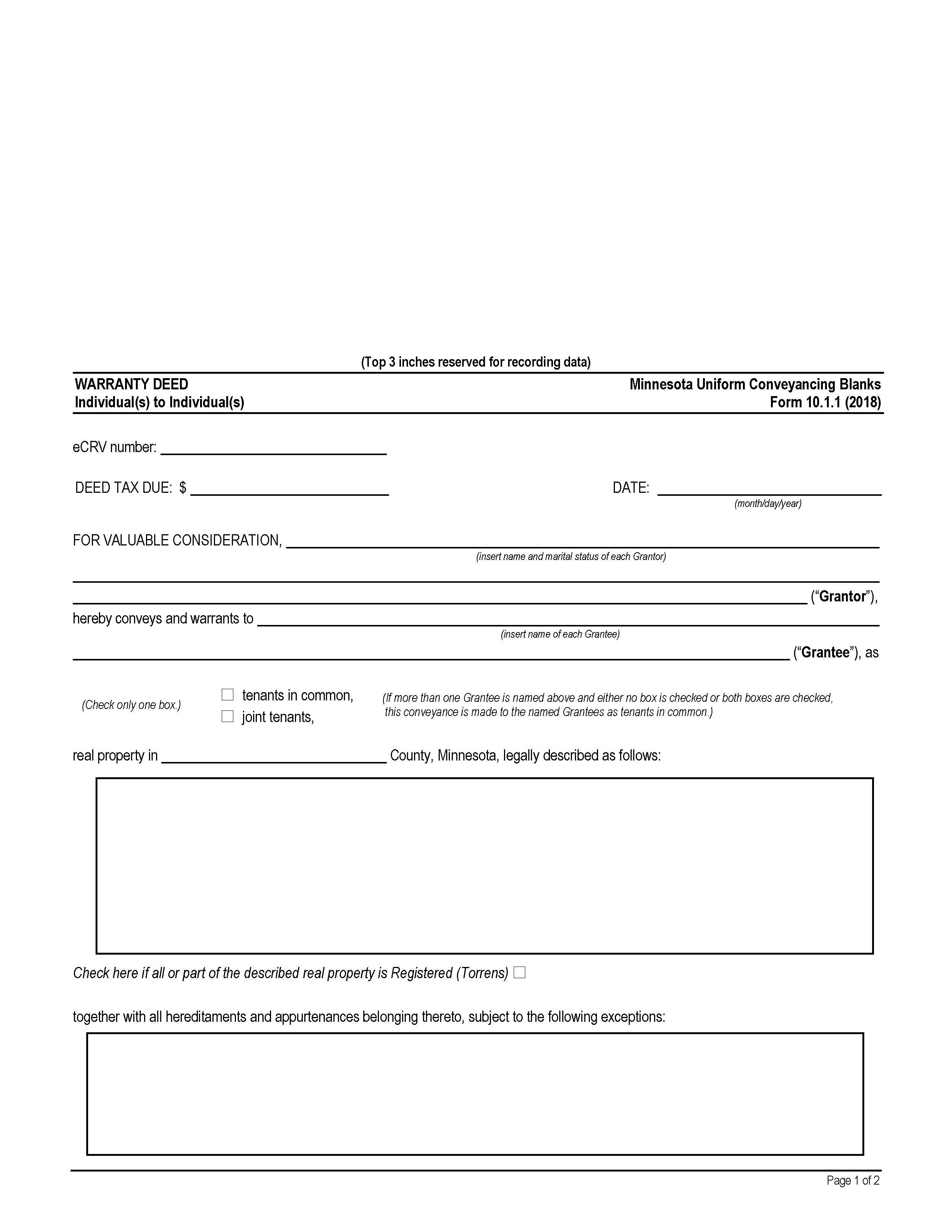 General Warranty Deed – Fully protects the buyer against any title defects discovered after purchasing property. General Warranty Deed – Fully protects the buyer against any title defects discovered after purchasing property.
Download: PDF |
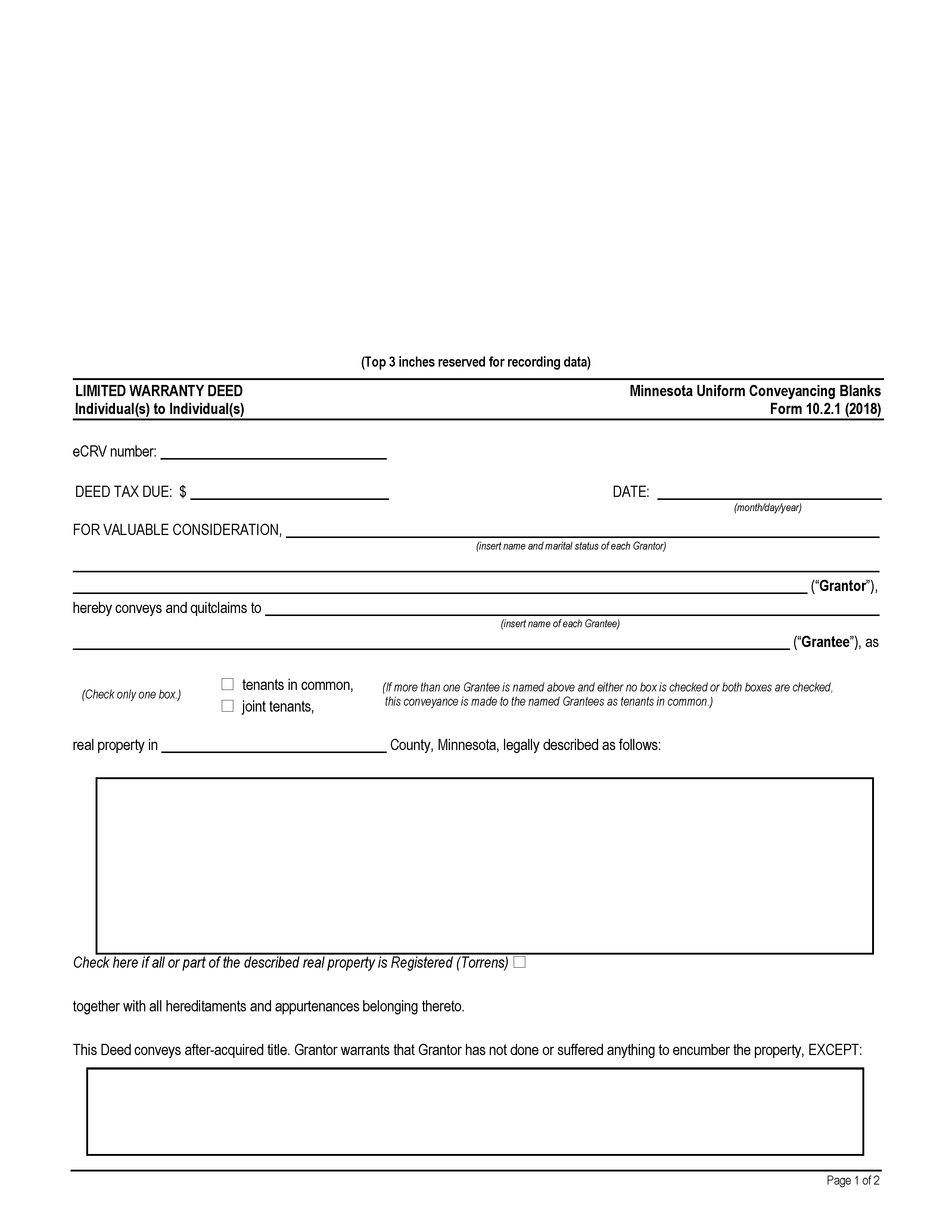 Limited Warranty Deed – Protects the buyer against title defects from the seller’s period of ownership. Limited Warranty Deed – Protects the buyer against title defects from the seller’s period of ownership.
Download: PDF |
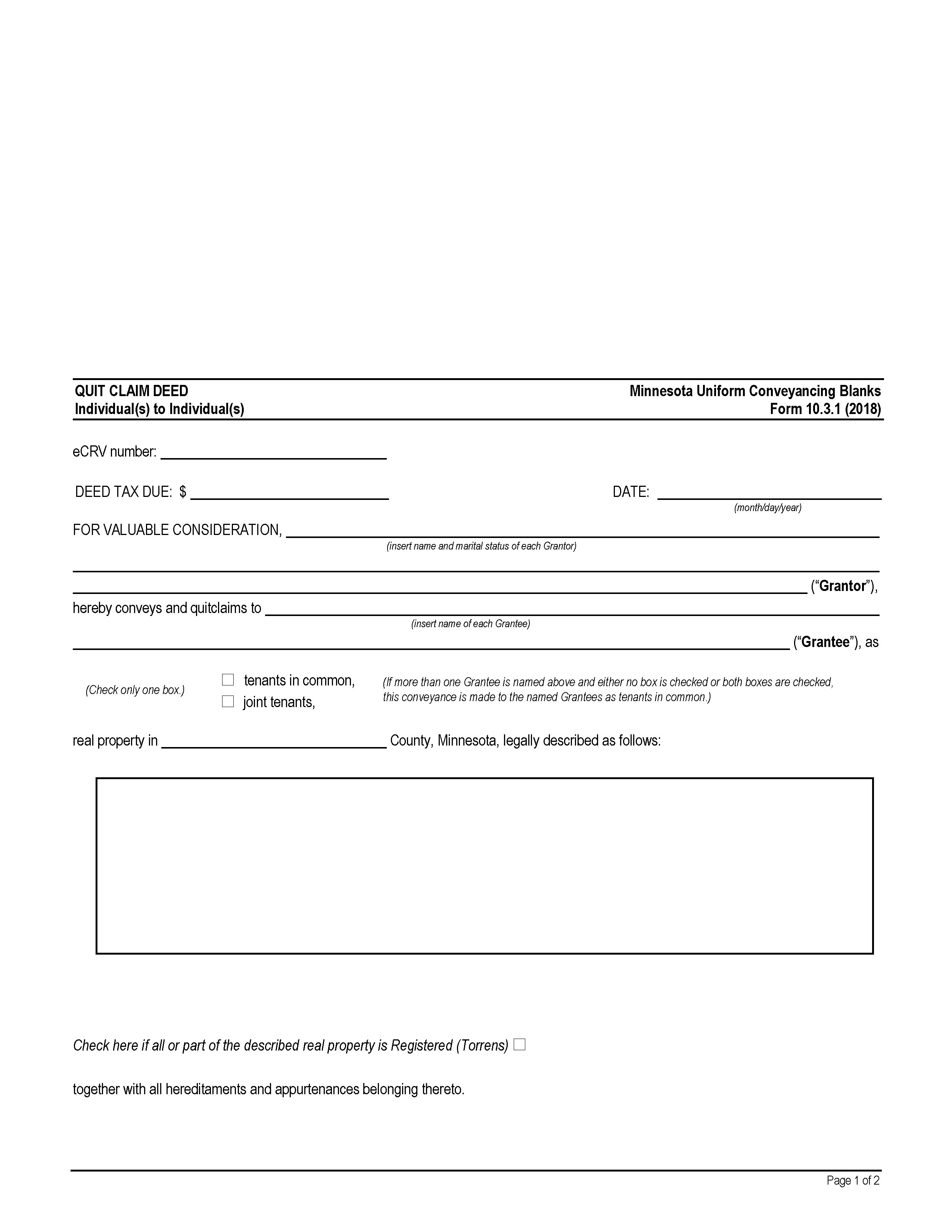 Quit Claim Deed – Provides no warranties or title assurances to the grantee. Quit Claim Deed – Provides no warranties or title assurances to the grantee.
Download: PDF |
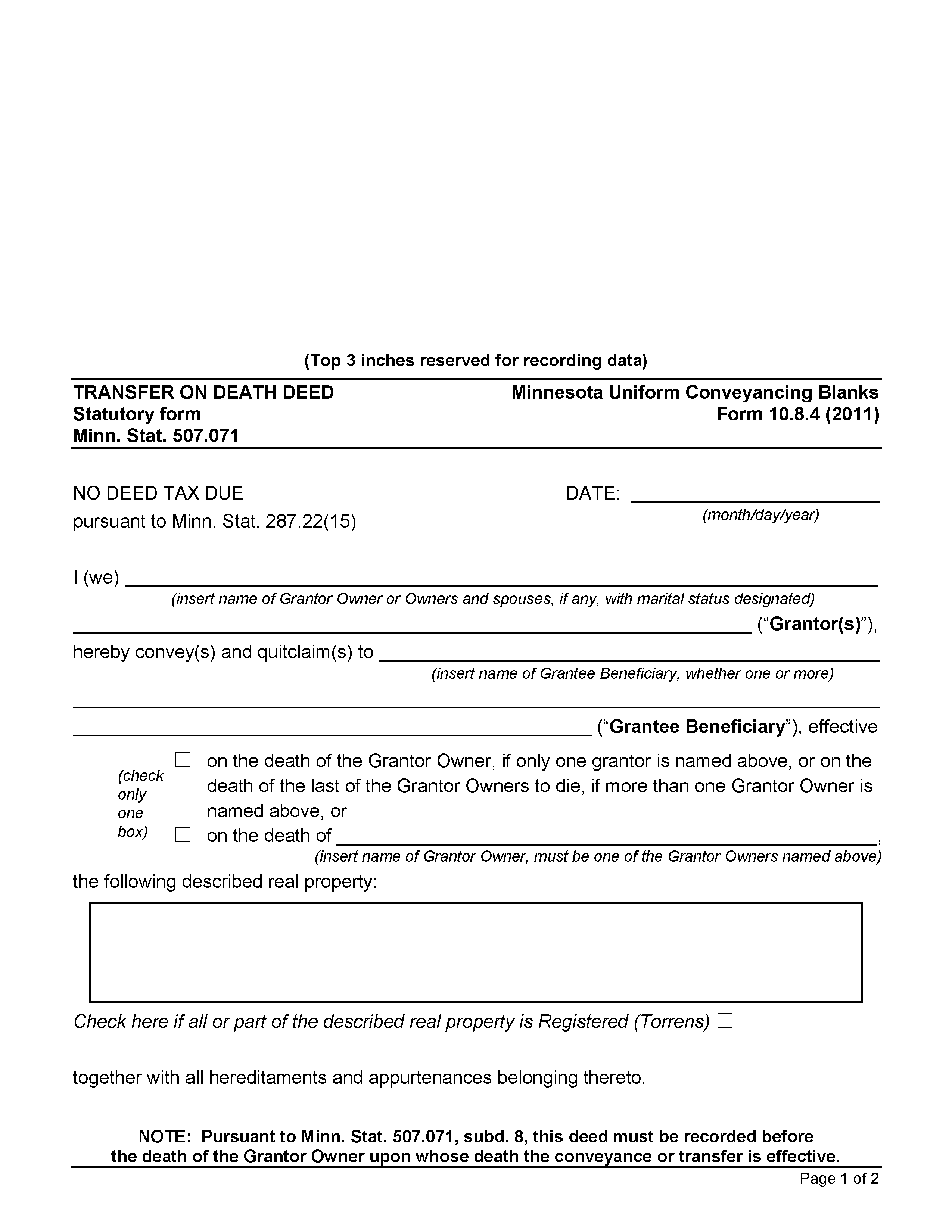 Transfer on Death Deed – Allows the grantor to name a beneficiary to receive property upon the grantor’s death. Transfer on Death Deed – Allows the grantor to name a beneficiary to receive property upon the grantor’s death.
Download: PDF |
Formatting
Paper – White, 20lb weight minimum, no larger than 8.5″ x 14″
Margins – 3″ top margin on first page, 0.5″ minimum for all other margins
Font – Black ink, 8pt minimum[1]
Recording
Signing Requirements – Deeds must include the grantor’s notarized signature.[2]
Where to Record – Deeds are recorded with the County Recorder for the county where the property is located.[3]
Cost – $46 (as of this writing)[4]
Additional Forms
Electronic Certificate of Real Estate Value – Required for properties sold for more than $3,000.[5]
Well Disclosure Certificate (Online)– Required if there are one or more wells on the property that were not previously recorded.[6]
